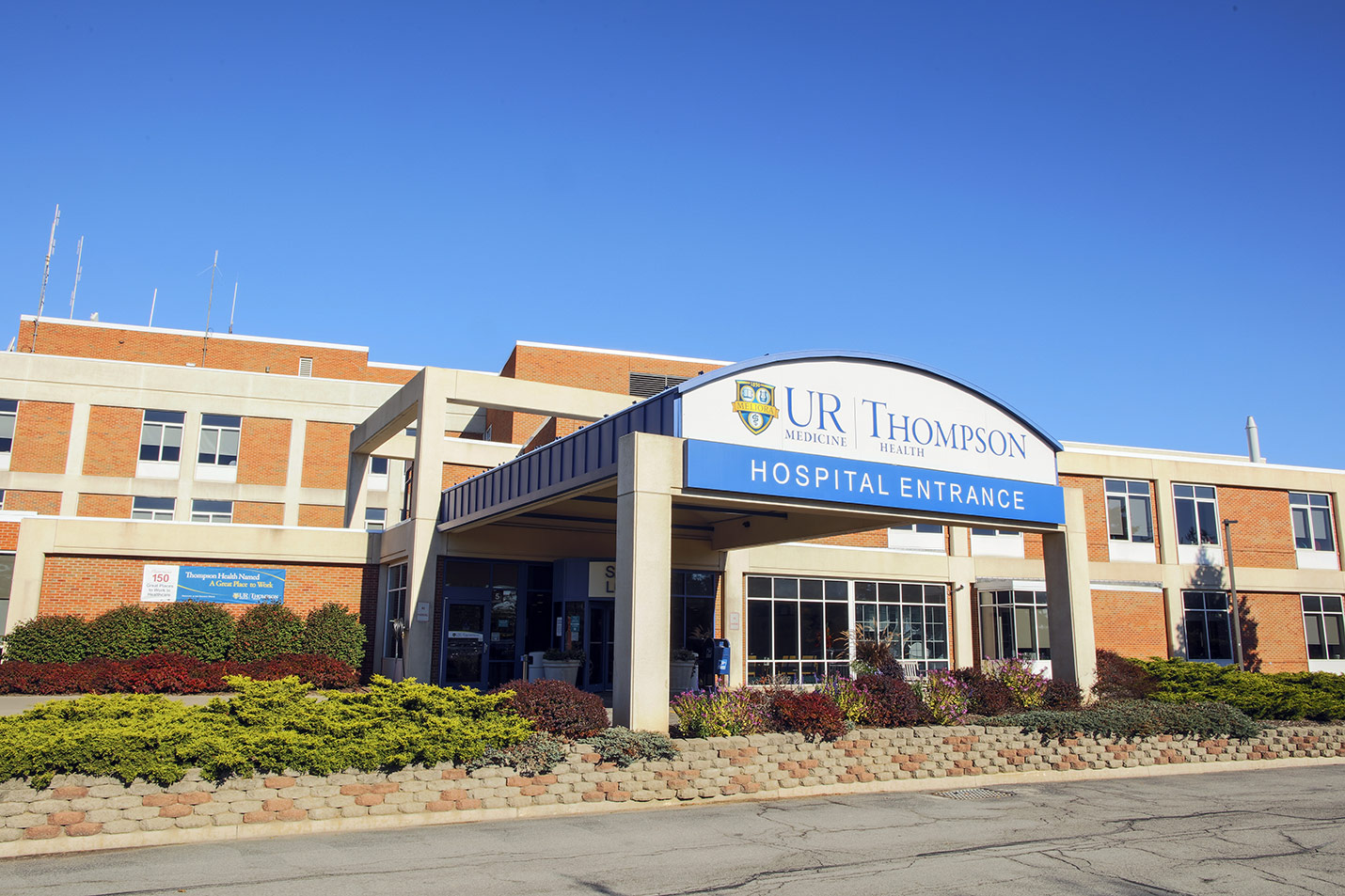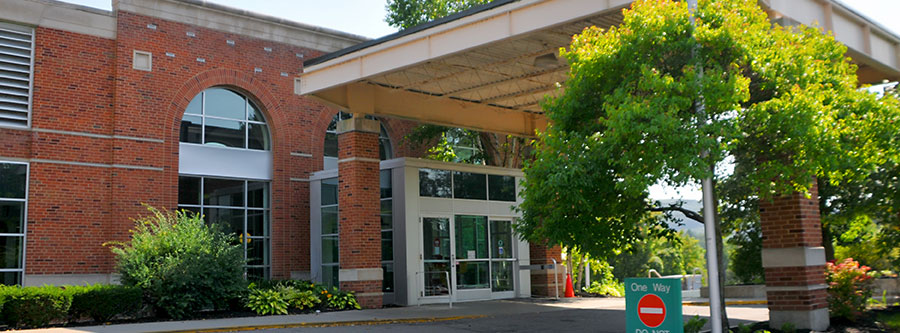Heart Valve Repair
Make Appointments & Get Care
What is a Heart Valve Repair?
Your heart has four valves that open to let blood pass through and then close to prevent blood from flowing back in the wrong direction. Heart valves that are blocked, narrowed (stenosis), or leaking (regurgitation) require surgery.
Our surgeons and/or structural heart team cardiologists aim to repair damaged heart valves instead of replacing them whenever possible. Most valve repair and replacement can be done using minimally invasive cardiac procedures.
Some of the most common forms of valve repair surgery are:
Aortic valve repair procedures
- Balloon valvuloplasty, to treat narrowing of a heart valve. A catheter is inserted and threaded up to the valve. A “balloon” on the end of the catheter is inflated to widen the opening of the valve, allowing more blood to flow through the valve.
- Traditional valve repair is a form of open-heart surgery to widen the valve opening, remove calcium deposits, reshape the valve, patch holes, or remove sections of the valve that interfere with its operation.
- Minimally invasive valve repair uses smaller incisions to repair your heart's valves. Most valve repairs can be done in a minimally invasive fashion. The benefits of minimally invasive surgery include a smaller scar, less blood loss, and a quicker recovery compared to traditional approaches. Most people are candidates for minimally invasive valve surgery.
- TCAR (Transcarotid Artery Revascularization) is a minimally invasive procedure developed to treat carotid artery disease and prevent stroke. Through a small incision, the surgeon implants a carotid stent to stabilize the artery.
Mitral valve repair procedures
- Mitral valve repair treats mitral valve insufficiency (mitral regurgitation). This is when the mitral valve cannot close properly, causing blood to leak into the left atrium. Most valvular repairs are performed using minimally invasive cardiac surgery.
- Mitral Transcatheter Edge-to-Edge Repair (TEER) is used for patients with a leaky valve who are at higher risk for surgical repair or replacement. The procedure, performed by a specialized interventional cardiologist and a heart surgeon, involves threading a tube through your leg vein to your mitral valve.
UR Medicine's Approach
The UR Medicine Heart Valve Center provides the most advanced valve repair surgeries and treatments available today. We offer the full range of treatments for heart valve disease.
Our team of surgeons has extensive experience with minimally invasive techniques. Our surgeons routinely use minimally invasive surgery for mitral valve repair and replacement, tricuspid valve repair and replacement, and aortic valve replacement.
These operations are performed through an incision less than 2 inches long, meaning less scarring, quicker recovery, less pain, and fewer complications.
What Sets Us Apart?
We were the first program in the Rochester metropolitan area and surrounding region for this treatment.
We’re also recognized by the American College of Cardiology with its Transcatheter Valve Certification. This was achieved through a rigorous evaluation of our program's ability to demonstrate:
- Better care
- Better prognoses
- Better quality of life
- Faster treatment
- Better communication with patients and families
The UR Medicine Advanced Heart Valve Center was also the first in the Rochester metropolitan area and surrounding region to perform some of the latest breakthrough procedures such as TAVR (transcatheter aortic valve replacement).
Locations
View All LocationsWe serve you in the Rochester metropolitan area and surrounding region.
View All Locations9 locations
Clinton Crossings, Building G
2400 South Clinton Avenue, 1st Floor
Rochester, NY 14618
999 East Ridge Road, Suite 1000
Rochester, NY 14621
St. James Medical Office Building
7309 Seneca Road North, Suite 104
Hornell, NY 14843
Canal View Office Complex
140 Canal View Boulevard, Suite 104
Rochester, NY 14623
Ambulatory Care Center at Strong Memorial Hospital
601 Elmwood Avenue, Ground Floor
Rochester, NY 14626
Canal View Office Complex
140 Canal View Boulevard, Suite 102
Rochester, NY 14623
FF Thompson Hospital
350 Parrish Street
Canandaigua, NY 14424
Jones Memorial Hospital
191 North Main Street
Wellsville, NY 14895

